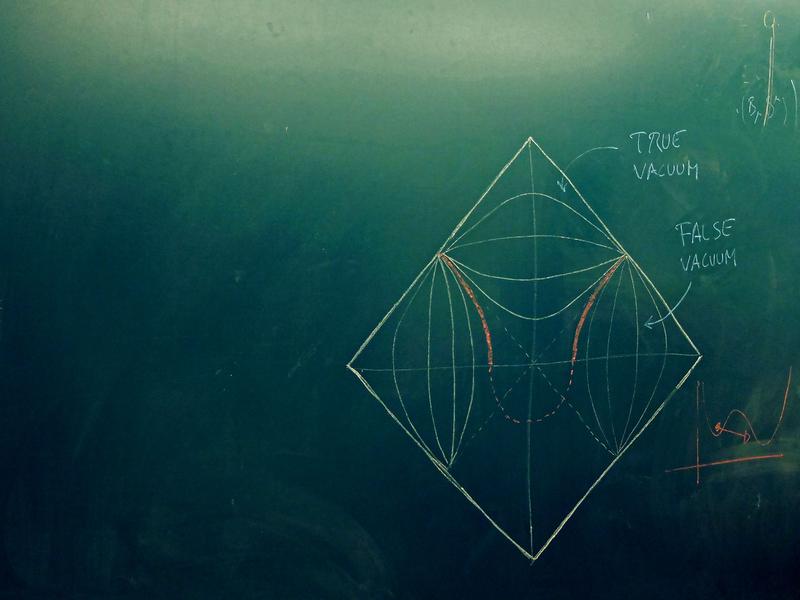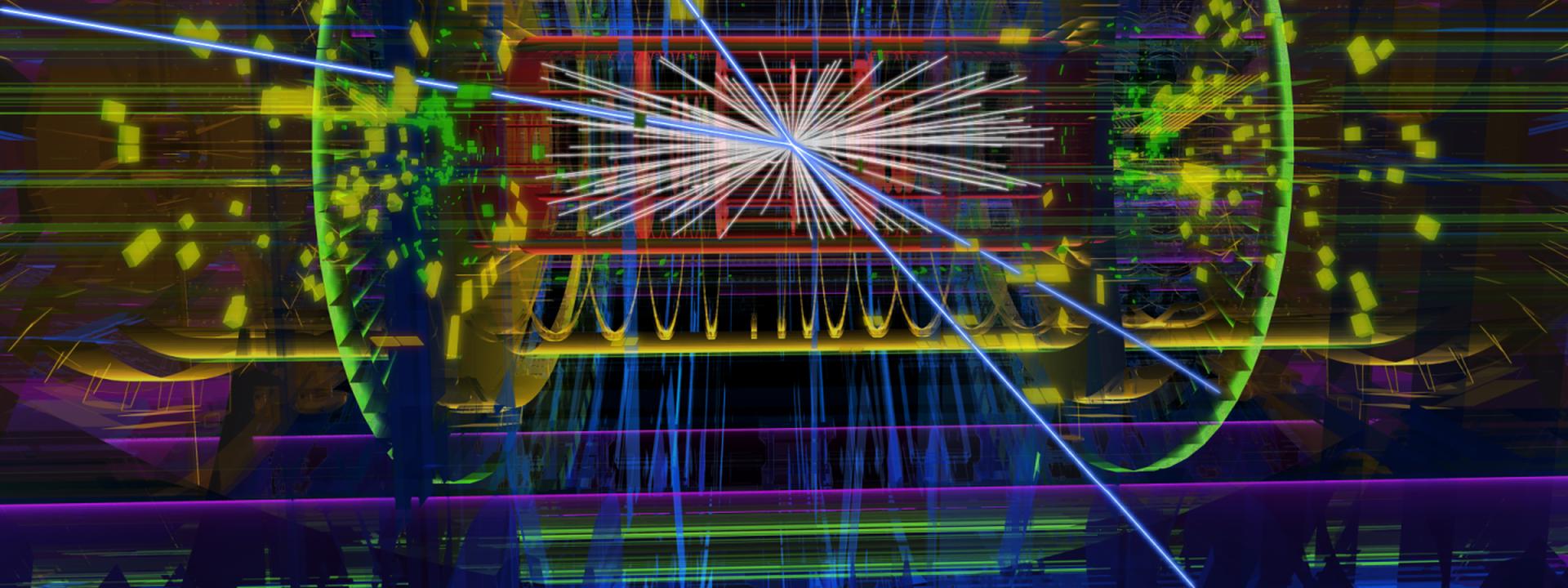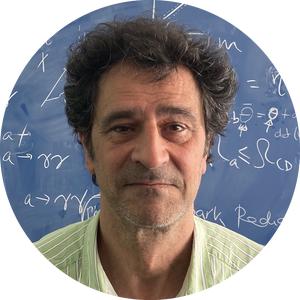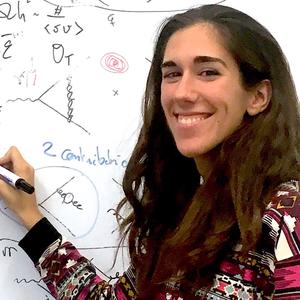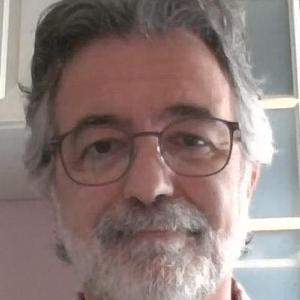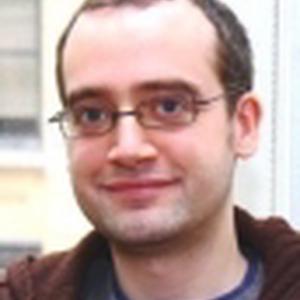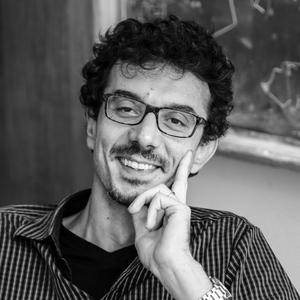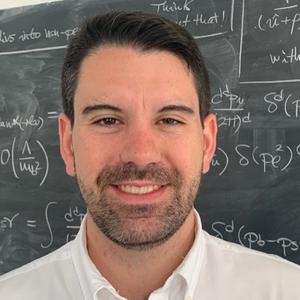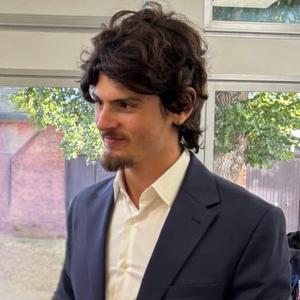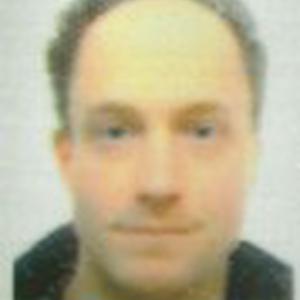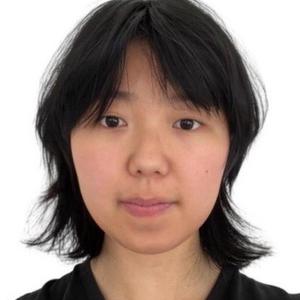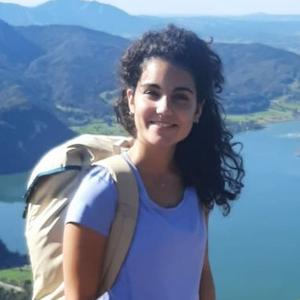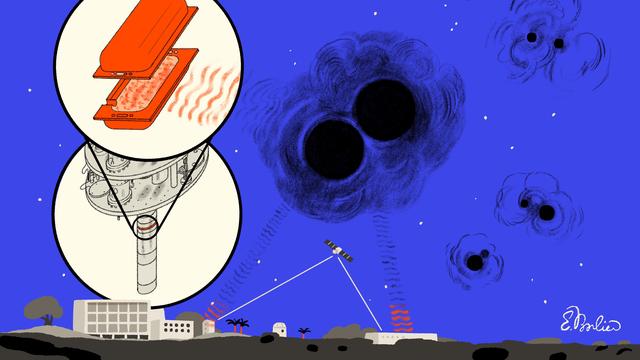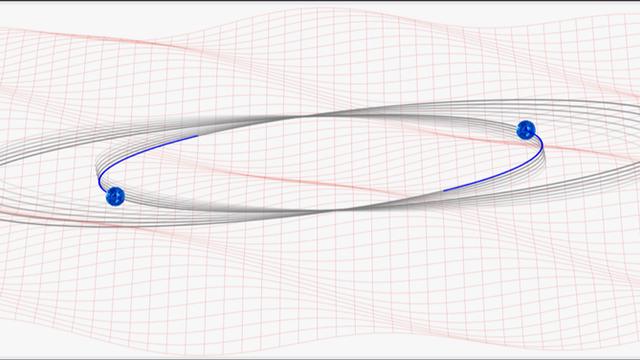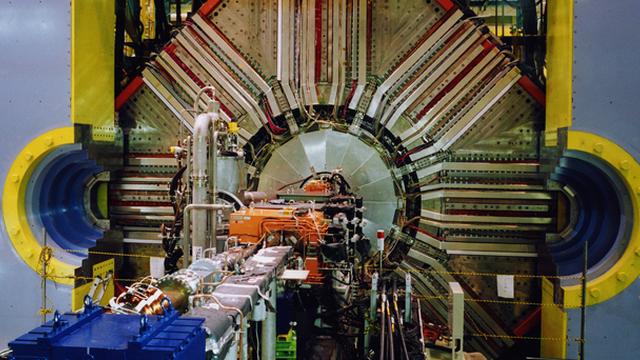The IFAE Theory division research focuses on Standard Model, Flavor Physics, Beyond the Standard Model, and Astroparticle and Cosmology issues. The divison is led by O. Pujolàs and its work comprises three main lines of research:
Standard Model Physics and Flavor Physics (in and beyond the Standard Model)
Its research objectives are to apply Effective Field Theories (EFTs) to different (in scale) physical systems, ranging from bound states to binary systems, to use Flavour Physics as an effective tool for discovery by means of B-meson decays, to better establish the foundations of the Operator Product Expansion (OPE) as a tool for theoretical analyses in quantum field theories, to further improve the hadronic contributions to the muon anomalous magnetic moment aiming for a reduction of the theoretical error to pave the way for clean physics beyond the Standard Model (BSM) analyses, and to utilize meson physics as a laboratory for testing QCD at low energies and searching for new physics.
Recent highlights include a leading work on the theoretical framework underpinning the so-called B-flavour anomalies using both semileptonic and more recently non-leptonic B decays to detect first evidence of new physics, a new hyper-asymptotic approximation to the OPE, and a precise determination of the strong coupling constant below the charm threshold.
This research line is led by J. Matias.

Beyond the Standard Model physics
Advancing the knowledge of fundamental particles and interactions requires studying the Standard Model in a broader context. On one hand, this enables a systematic experimental exploration that can lead to the discovery of new fundamental physical laws, or to a better understanding of the Standard Model validity. On the other hand, the Standard Model lacks explanations of several facts including the origin of the flatness and largeness of the Universe, the origin of baryons and dark matter, the smallness of the Higgs mass (the hierarchy problem), or the smallness of the theta-term (the strong CP problem), among others.
BSM ideas are needed to understand these mysteries. With this mission in mind, the group has proposed several BSM models and scenarios, exploring their collider manifestations and guiding LHC experimental exploration.
The group is also contributing to Statistical Data Analysis and Statistical Learning (AKA Machine Learning) methodological developments primarily aimed at BSM searches and is strongly involved in future high-energy colliders design studies.
The group is actively pursuing theoretical advances to extend our present knowledge on the landscape of possible Effective Field Theories (EFTs) for particle physics and cosmology. In particular, it has developed the use of holography (the AdS/CFT approach) for the study of strongly-coupled systems, and the use of Amplitude Methods to understand the quantum nature of EFTs.
This research line is led by A. Pomarol.
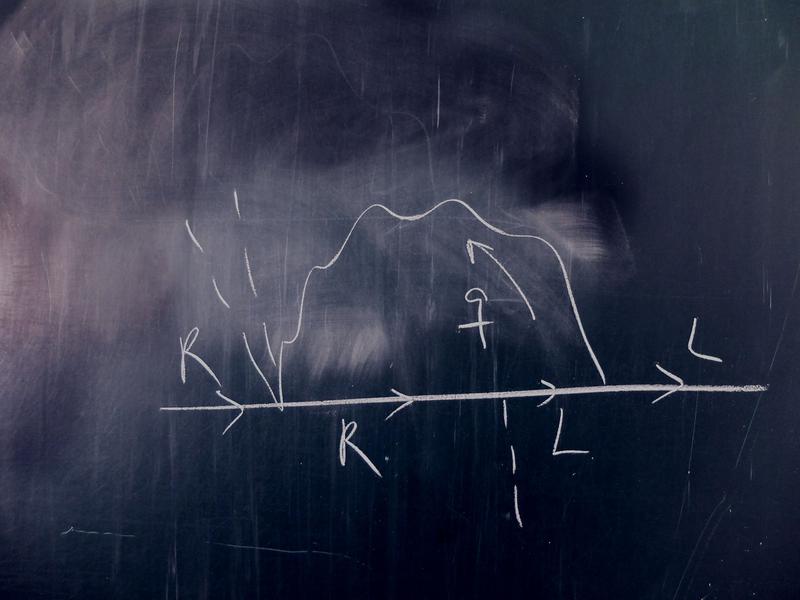
Astroparticle Physics and Cosmology
Working on dark energy, dark matter models, baryogenesis, gravitational waves (GW) physics and on the applications of the gauge/gravity duality to condensed matter physics.
Group members have made important contributions to scenarios where gravity is modified at large distances and to Lorentz-violating scenarios of quantum gravity. The group has an extended research record on axion physics and has produced impactful results in the physics of primordial black holes, ultra-light dark matter scenarios and GWs.
This research line is led by D. Blas.
